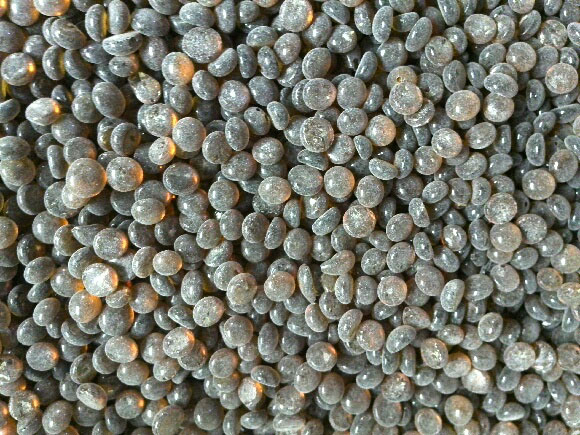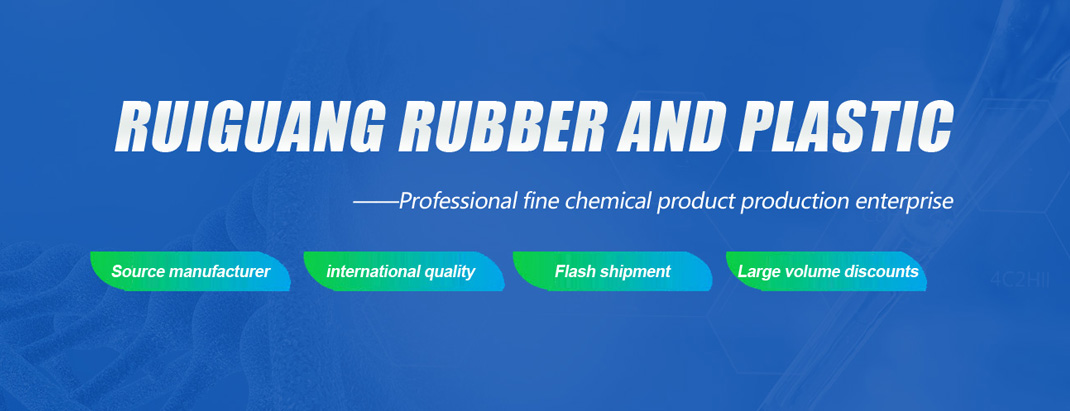
Product Description: A condensate of tert butylphenol and acetylene, used as a tackifier in the rubber industry to improve the adhesion of the tire ring.
Product application: 1) Used as a tackifier. 2) 208 resin is recommended to enhance the viscosity of semi-finished rubber compounds for easy production. For example, tire rings, refurbished tire rings, conveyor belts, V-belts, industrial pipelines, cables, roller adhesives, and lining materials. This product enables natural rubber and synthetic rubber to have good long-term adhesion under harsh conditions such as high temperature and humidity, and the adhesion can last for several weeks. 3) 208 resin improves the heat aging performance of rubber products and the aging performance under dynamic heavy loads. 4) Recommend adding 2-5 portions of 208 resin. Within this range, the physical properties of vulcanized rubber remain unchanged. 5) Adding 208 resin in the early stages of internal mixing can achieve better results. 6) A gasoline solution containing 2-50% 208 resin can be used as an adhesive (adhesive) for two layers of rubber. In order to form a good adhesive tape, attention must be paid to dissolving the upper layer of rubber in the resin solution. Uniformly bond through the vulcanization of rubber material. This solution can enhance the adhesion of rubber to fibers and metals, and is used for rubber lining materials.
Technical indicators:
| project | index |
| appearance | Yellow to brownish brown particles |
| softening point℃≦ | 135-150 |
| aSH% ≦ | 1.0 |
| proportion | 1.02-1.10 |
※ Alkylphenol Polyacetylene resin benchmarking against the Koresin of BASF, and customized production of Raytheon with softening point of 120-155 ℃ ® Abilities ® Industrial products.
Solubility: dissolved in hydrocarbon compounds, 120 # Petroleum ether is recommended.
Storage stability: unlimited long-term storage.





